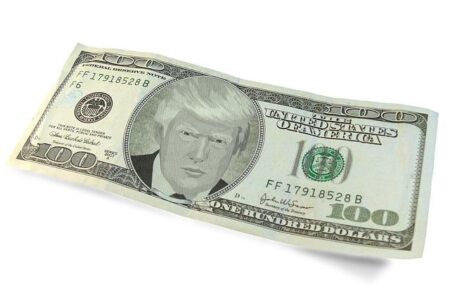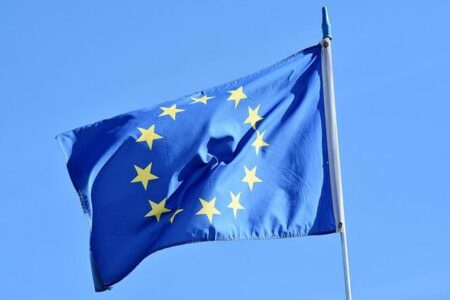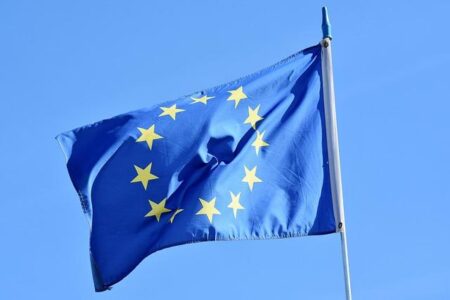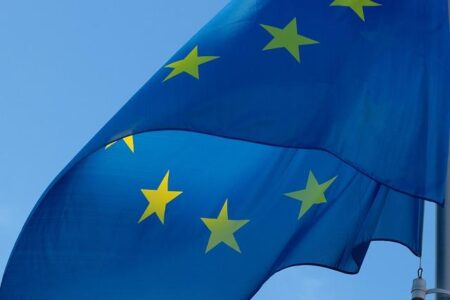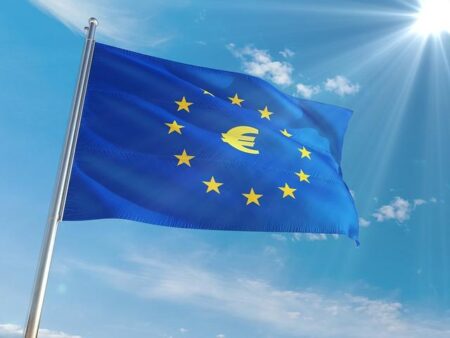Germany’s Friedrich Merz recently praised China’s remarkable efficiency and called on the EU to break free from bureaucratic hurdles. He emphasized the urgent need to streamline processes, boost competitiveness, and deepen economic partnerships worldwide
Browsing: EU
Greece and Malta are hesitating to support the EU’s proposed ban on oil-related services to Russia, sparking concerns over possible economic fallout and supply chain disruptions. Their reluctance introduces a fresh challenge to the drive for stronger sanctions
France has made history as the first EU country to open a consulate in Greenland, strengthening diplomatic bonds and boosting cooperation on Arctic matters, Euronews reports. This landmark move marks an exciting new chapter in EU-Arctic relations
India and the EU have launched a groundbreaking Free Trade Agreement set to turbocharge economic ties, especially as US tariffs climb under the Trump administration. This landmark deal unlocks exciting new markets and strengthens their strategic partnership like never before
Italy is gearing up to urge the European Union to officially designate Iran’s Islamic Revolutionary Guard Corps (IRGC) as a terrorist organization, spotlighting escalating security fears amid mounting regional tensions, reports Times of Israel
The EU has quickly dispatched emergency generators to Ukraine to combat ongoing power shortages. Meanwhile, France is preparing to spearhead further aid efforts, underscoring Europe’s growing dedication to supporting Kyiv, Reuters reports
EU states have just given the green light to the Mercosur trade deal, triumphing over strong opposition from France and aiming to boost economic ties across South America. Yet, the agreement remains a hot topic, as critics continue to raise serious environmental and labor concerns
Italy and France are calling on the EU to jumpstart dialogue with Russia, emphasizing the critical need for renewed diplomatic engagement with the Kremlin amid ongoing tensions, reports TVP World
Russia’s foreign minister lashes out at the EU, calling it the “main obstacle to peace” in Ukraine and accusing Brussels of prolonging the conflict and stalling diplomatic efforts, Politico reports
The EU has sharply criticized the recent fishing deal between the UK and Norway, sounding alarms over the threat of mackerel overfishing. The bloc warns that this agreement could jeopardize the future of sustainable fish stocks in the North Atlantic, putting a vital ecosystem at serious risk
Russia has stepped forward with a bold promise: to legally guarantee it has no plans to attack the EU or NATO. This move seeks to ease growing fears and bring a sense of calm amid escalating tensions, offering Europe a much-needed reassurance against the threat of military conflict
Germany’s Friedrich Merz praised the EU’s decision to reconsider the ban on gas-powered engines, emphasizing the need for a balanced energy transition strategy that carefully weighs economic realities alongside environmental ambitions, DW reports
The EU has launched a groundbreaking €90 billion loan package to strengthen Ukraine, stepping up after efforts to fund aid through frozen Russian assets hit a dead end, the Financial Times reports. This bold initiative marks a significant milestone in the EU’s unwavering dedication to standing by Ukraine throughout the conflict
France is urging a halt to the pivotal Mercosur trade agreement vote, sparking concerns over its possible impact on the environment and agriculture. This call highlights growing rifts within the EU as member states wrestle with the decision to approve or reject the deal
France is taking the lead in blocking the EU-Mercosur trade deal, sounding the alarm over inadequate protections for its farmers. Paris demands stronger safeguards before it will approve the agreement
France is now pushing to delay the EU-Mercosur trade deal, sparking urgent concerns over environmental safeguards and agricultural protections. This surprising move throws a major wrench into the ratification of the highly anticipated agreement
Italy has now joined Belgium in opposing the EU’s plan to use frozen Russian assets to finance Ukraine’s reconstruction. This move highlights deepening divisions within the bloc as tensions rise over the best way to manage these contentious funds
The EU and India are unlikely to finalize their eagerly awaited trade deal by year’s end, Bloomberg News reports, as ongoing disagreements and complex negotiations continue to hold up progress
The EU has decisively dismissed Russia’s lawsuit against Euroclear, calling it “speculative” and completely unfounded. Standing firm, the bloc rejects all claims concerning frozen Russian assets, strengthening its legal stance amid escalating geopolitical tensions
The EU is racing to finalize plans by Friday for a sweeping, long-term freeze on Russian central bank assets, Reuters reports, ramping up financial pressure amid escalating geopolitical tensions




